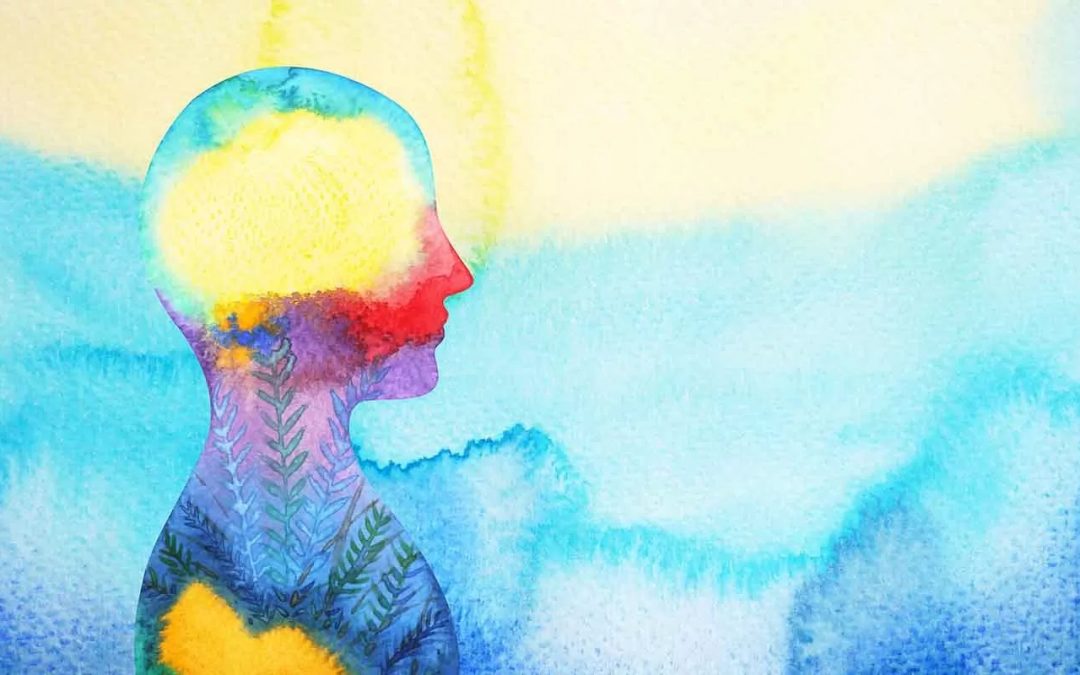Can Salt Therapy Improve our Immune Function?
Recently we’ve written several articles that show how salt therapy (aka Halotherapy) can profoundly benefit various health conditions, including respiratory diseases and skin conditions — and we’ve provided the clinical studies backing up these claims.
But what about our immune system — can salt therapy actually boost immune function?
According to evidence found by Halomed Salt Room, a halogenerator manufacturer, the answer is a resounding yes.
1. Halotherapy can improve the immune function of our respiratory system.1
2. The dry salt aerosol in halotherapy treatments improves the sysmptoms of respiratory viral infections, in the ear, nose and throat, as well as those of the upper and lower respiratory tract.2
3. After a halotherapy session, bacteria and virus are inhibited from attaching to mucousal cells in our respiratory tracts, which decreases or prevents the severity of respiratory infections.3
This indicates that dry salt therapy can be an effective preventative measure against secondary infections in diseases like pnemonia, flu, and viral epidemics like SARS, or Covid-19.
4. According to Professor A.V Chervinskaya (M.D., Ph.D.), who has more than 30 years researching and developing the scientific and practical application of halotherapy:
“Sodium chloride aerosol improves the fluidity of bronchial secretions, contributing to the normalization of mucociliary clearance.”
And:
“During halotherapy treatments, due to the action of salt aerosol, the drainage function of the respiratory tract improves: sputum separation is facilitated, its viscosity is reduced, and cough is relieved. Dry salt aerosol can both inhibit the growth of bacteria and, in other cases, kill bacteria that inhabit the microflora of the respiratory organs, improving microcirculation and supporting breathing comfort.”4,5
Dr. Chervinskaya believes that these findings show that regular halotherapy sessions reduces the risk of serious complications with various respiratory illnesses, in addition to accelerating the rehabilitation from respiratory viral infections.
5. Pulmonologist A.G. Malyavin (M.D.), general secretary of the Russian Scientific Medical Society of Therapists, states that the inhalation of dry salt aerosol, such as from regular halotherapy sessions, benefits post-ARDS (Acute respiratory distress syndrom) and post-SARS (Severe acute respiratory syndrome) patients.6
Can Salt Therapy Protect Against the Corona Virus (Covid-19)?

Protection from Covid-19 Corona Virus
The advent of the recent Covid-19 viral epidemic has caused a global shut down, as the virus spreads exponentially throughout various countries, while the death toll continues to rise in several countries to date (as of April 15, 2020).
To date, there is no vaccine, despite the efforts of medical research teams worldwide. Typically, a vaccine usually takes a minimum of 18 months to develop, test, and manufacture.
To make matters worse, there have been continuing reports of re-infection in patients that have recovered from the novel corona virus in China, Japan, South Korea, and potentially other countries. This suggests that the covid-19 virus could be mutating. Various research and medical teams have verified that there are at least 3 different strains of covid-19 circulating the planet, and some more threatening than others.
Many people around the world are in quarantine and self isolating — distancing themselves from others in order to minimize potential infection.
In times like this it’s an important safety measure not only to self isolate, but to do everything possible to improve and strengthen our immune system — in particular that of our respiratory systems, which is the primary target of the covid-19 virus.
Although there are no direct references that salt therapy can ward off Covid-19, we do know that it protects us from it’s sister virus, SARS, which is very similar in structure and form.
From what we can understand so far, in the absense of a cure or a vaccine, and with global death tolls continuing to rise at alarming rates, we should do everything possible to strengthen our immune systems, especially methods that have been proven in clinical trials — to protect us from viral infections of the respiratory tract.
In the wake of this global viral pandemic, salt therapy may be a viable weapon, and certainly worth considering, when looking for ways to fight the spread of viral infections by improving our immunity.
See our article on all the different methods of implementing salt therapy at home.
2. Chervinskaya A.V. Dry sodium chloride aerosol against acute respiratory viral infections/Eur Respir J 2009; 34: Suppl. 53.
3. Chervinskaya A.V., Kvetnaya A.S., Korzhenevskaya T.B. The effect of dry fine-dispersed sodium chloride aerosol on the physiological properties of Streptococcus pneumonia, persistent on the mucous membrane of the laryngopharyngeal epithelium, in the experiment // Clinical and laboratory conference of specialists. – 2010. – No. 1 – p. 61-62
4. Alina V. Chervinskaya – pulmonologist, professor, MD, founder of controlled halotherapy method, professor of the department of physical and rehabilitation medicine with a course in psychology and pedagogy of the Central State Medical Academy of the Presidential Administration in Russian Federation.
5. Mucociliary clearance (mucociliary system, MCC) is a non-specific mechanism that provides local protection of the mucous membrane of the respiratory system from external influences, including infections.
6. Andrei G. Malyavin – pulmonologist, professor, MD, general secretary of the Russian Scientific Medical Society of Therapists, professor of the department of phthisiology and pulmonology of the medical faculty, deputy head of the science department of the Moscow State Medical University, General Director of the Center for Respiratory Medicine, Chief part time Pulmonologist of the Ministry of Health of the Russian Federation in the Central Federal District.

Great article to share with our halotherapy community.
Thank you!